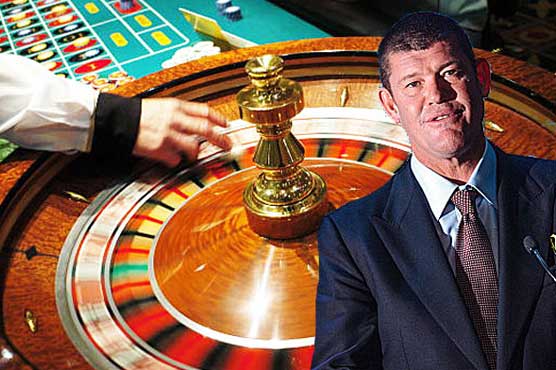Australia's Packer quits Sri Lanka after casino ban

Packer had been planning 450-room luxury resort after previous regime offered the tax concessions
COLOMBO (AFP) - Australian gaming mogul James Packer s Crown Group said Friday it has scrapped plans for a $350-million resort in Sri Lanka after the new government banned casinos and axed tax breaks for the project.
Packer had been planning the 450-room luxury resort after the previous regime offered the tax concessions in efforts to turn the Sri Lankan capital Colombo into a regional gaming hub.
But President Maithripala Sirisena s government on Thursday cancelled the concessions and said it would not allow casinos in the resort after opposition from Sri Lanka s influential Buddhist monks.
"Crown Resorts respects the (government s) decision and on that basis the project would not be going ahead," a Crown spokesperson told AFP in an email.
The company had not begun construction although regulatory approvals were granted in December 2013.
President Sirisena, who swept to victory in January 8 elections backed by the country s main party of monks, pledged to end the tax breaks during his campaign.
The previous government led by Mahinda Rajapakse had introduced concessions, including a five percent rate for gambling operators, in a bid to boost tourism numbers.
Another casino resort approved at the same time, a $650-million development by local conglomerate John Keells Holdings, is still going ahead -- but without the casino.
John Keells said in a stock exchange filing Friday that the resort project was still viable without the casino.
The future of the third project, a $300-million resort by local businessman Dhammika Perera, who has sought overseas funding, was unclear.
Several local, low-key casinos have been in operation for decades, exploiting loopholes in a law that bans such gaming operations.
Finance Minister Ravi Karunanayake said on Thursday he would give those existing casinos, thought to number about five, a deadline of mid April to pay a flat fee of one billion rupees ($7.6 million) to remain in business.



